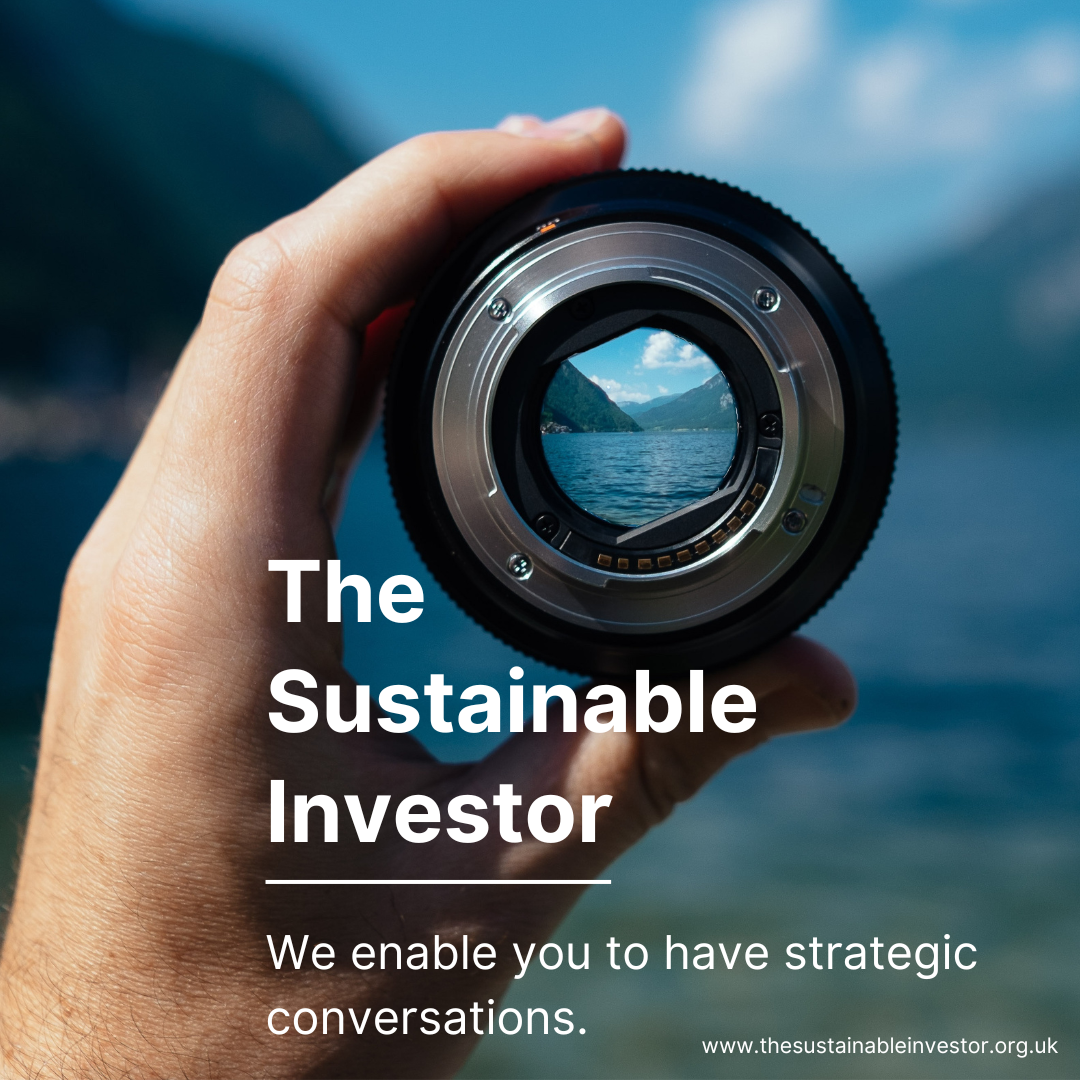
The right to a clean environment could have big consequences
The Lawyer who defeated Shell predicts an “avalanche” of climate cases
Summary: The Human Rights Council (HRC) recognising the "right to a clean environment" sounds as if it might be something vague, something that investors and companies don't need to be worried about. This may turn out to be a dangerous assumption. This process can seem incredibly slow, but the ability of “injured parties” to take (& win) legal action, often in a different jurisdiction from that in which the damage occurred, is growing and growing fast. The well regarded Grantham Institute wrote an interesting piece on the growth in climate litigation (2021 snapshot) earlier in the year.
Why this is important: This is just the latest step along the path to not just recognising certain fundamental human rights but to also start entrenching these in our legal system. Polluting, and not respecting/protecting the environment, could develop into a violation of rights on its own – without proving a direct link to violation of other rights (health, property, living, life etc).
The big theme: Human rights issues are moving up the political and social agenda. And this goes a lot wider than most companies and investors will expect, covering the right to be protected from harm, and for culture and ways of life to be respected. And these rights increasingly have teeth.

The details
Summary of a story published in Financial Times:
Roger Cox, the lawyer who won the landmark case against Royal Dutch Shell, is predicting copycat legal action against other oil majors, companies in other sectors, and ultimately against individual directors. He says " I am expecting an avalanche of cases against the fossil fuel industry and related industries like the car industry". He goes on to say that one of the reasons the judiciary exists "is to bring balance to society and to protect us from human rights violations from our governments and other large entities".
His first climate victory was a case brought on behalf of the environmental nonprofit Urgenda. In a landmark ruling the Dutch court ordered the state to cut its CO2 emissions by 25% from 1990 levels before 2021. The case hinged on the 1992 UN Framework Convention on Climate Change.
Let's look at why this is important...
Why this is important
The Human Rights Council (HRC) has now recognised the right to a clean environment as a human right. This is just the latest step along the path to not just recognising certain fundamental human rights but to also start entrenching these in our legal system. We subsequently got the question “and so what?” which is a very legitimate question indeed! By “so what” we mean both what happens next and what this actually means in practice.
The HRC’s decision will first impact States (countries) who will now have a clearer obligation to protect people from the harm that a “polluted” environment creates. In recent years, the recognition of the links between human rights and the environment has greatly increased. The number and scope of international and domestic laws, judicial decisions, and academic studies on the relationship between human rights and the environment are growing rapidly.
Moves by multilateral organisations such as the HRC often guides implementation of international obligations and therefore legislative developments and cases before courts. The difference, the real difference, this resolution opens up is that polluting, and not respecting/protecting the environment, could develop into a violation of rights on its OWN – without proving a direct link to violation of other rights (health, property, living, life etc). How long this may take in national jurisdictions is still to be seen. But considering how quickly this field is developing it may come about sooner than our historic experience of international law suggests... and that will mean more cases world wide based “simply” on the fact that a company pollutes and therefore their actions are automatically considered to harm people.
Plus, its not yet clear exactly which actions are to be considered as a violation of human rights, although the definition is wide …”the unsustainable management and use of natural resources, the pollution of air, land and water, the unsound management of chemicals and waste, the resulting loss of biodiversity and the decline in services provided by ecosystems interfere with the enjoyment of a safe, clean, healthy and sustainable environment, and that environmental damage has negative implications, both direct and indirect, for the effective enjoyment of all human rights”.
Something a little more bespoke?
Get in touch if there is a particular topic you would like us to write on. Just for you.
Contact us
Please read: important legal stuff.

